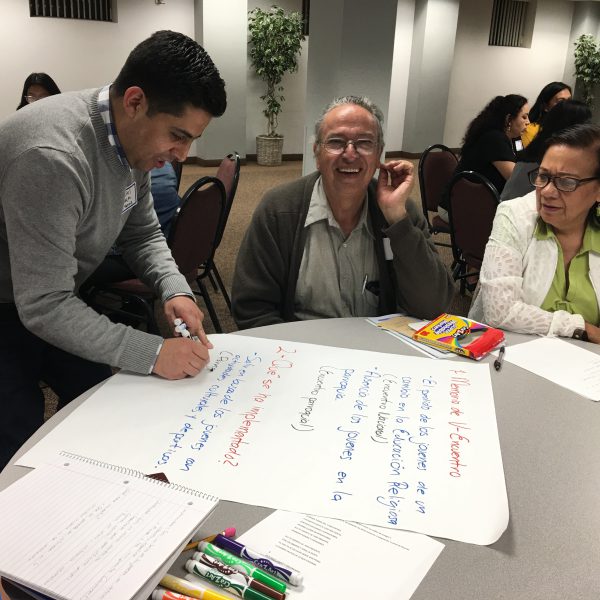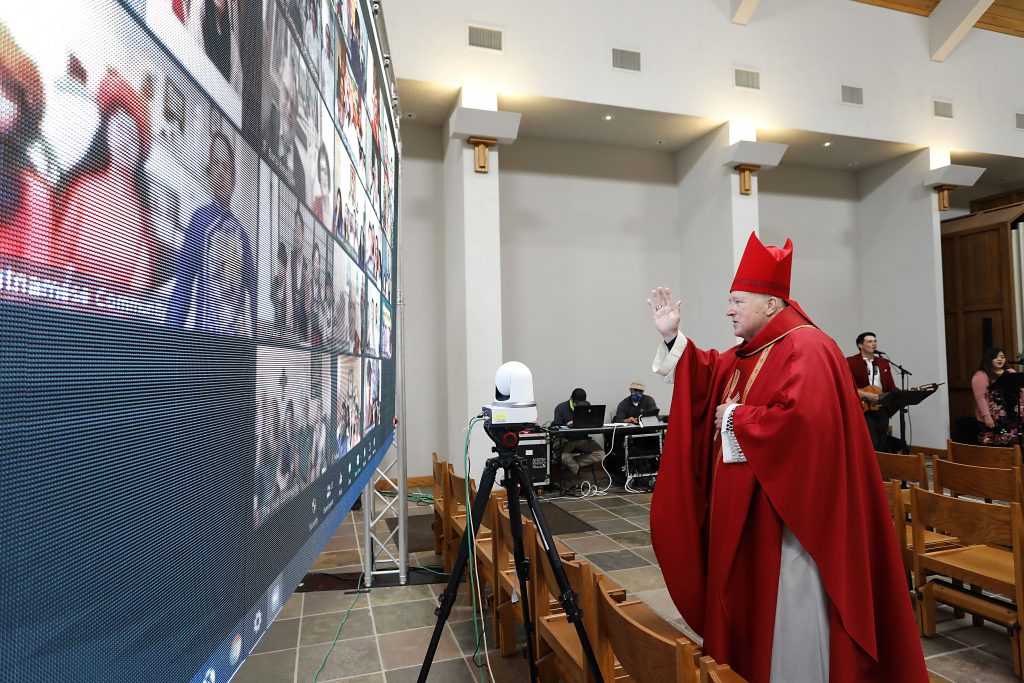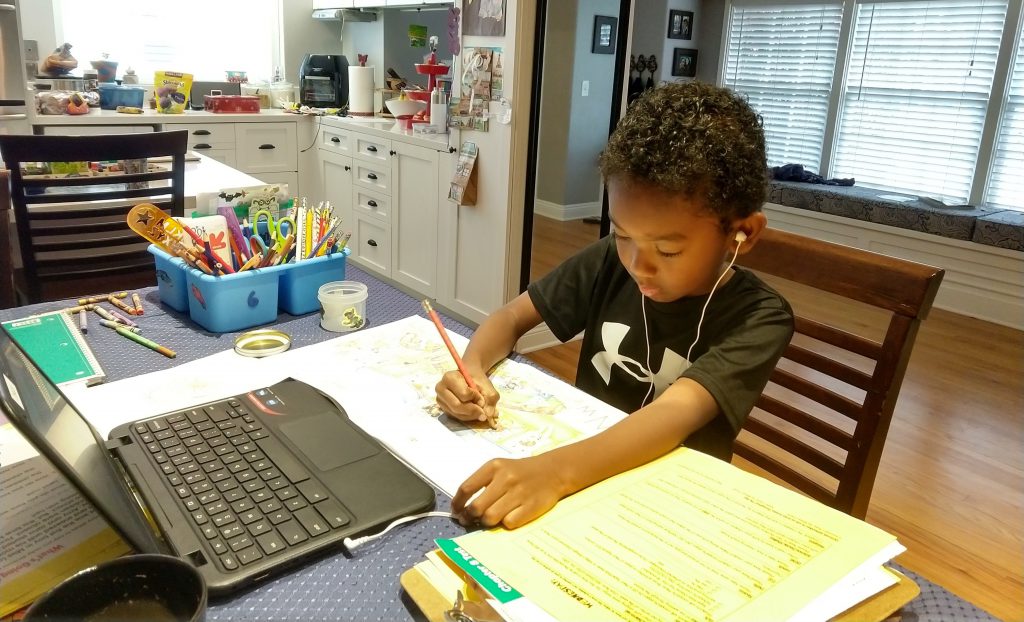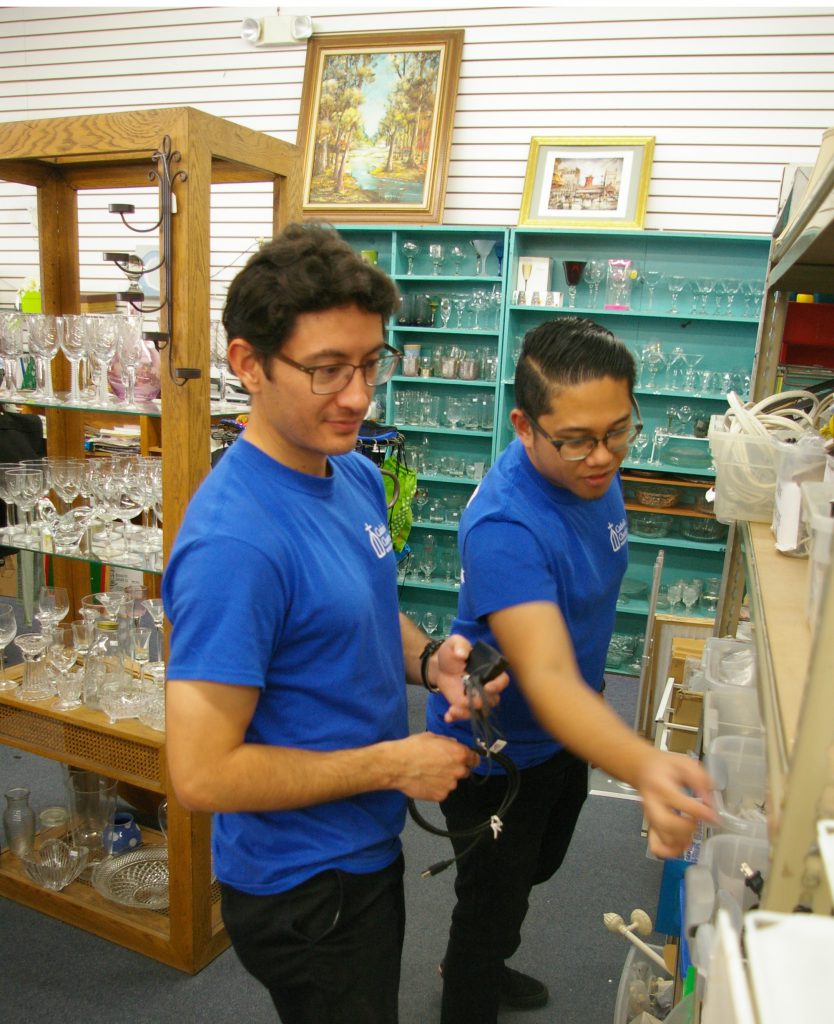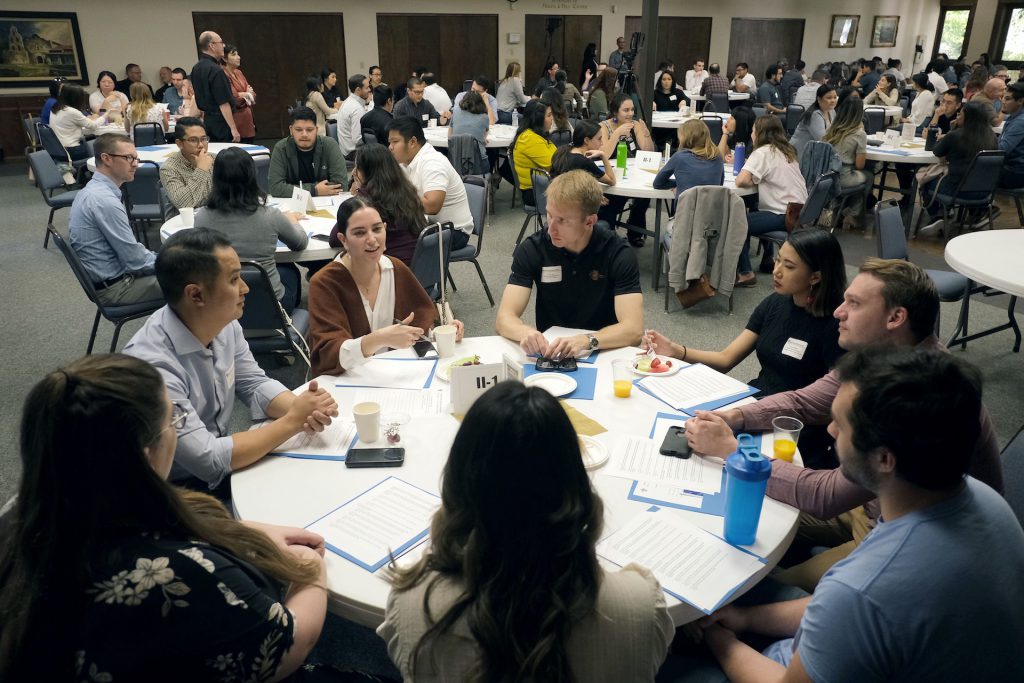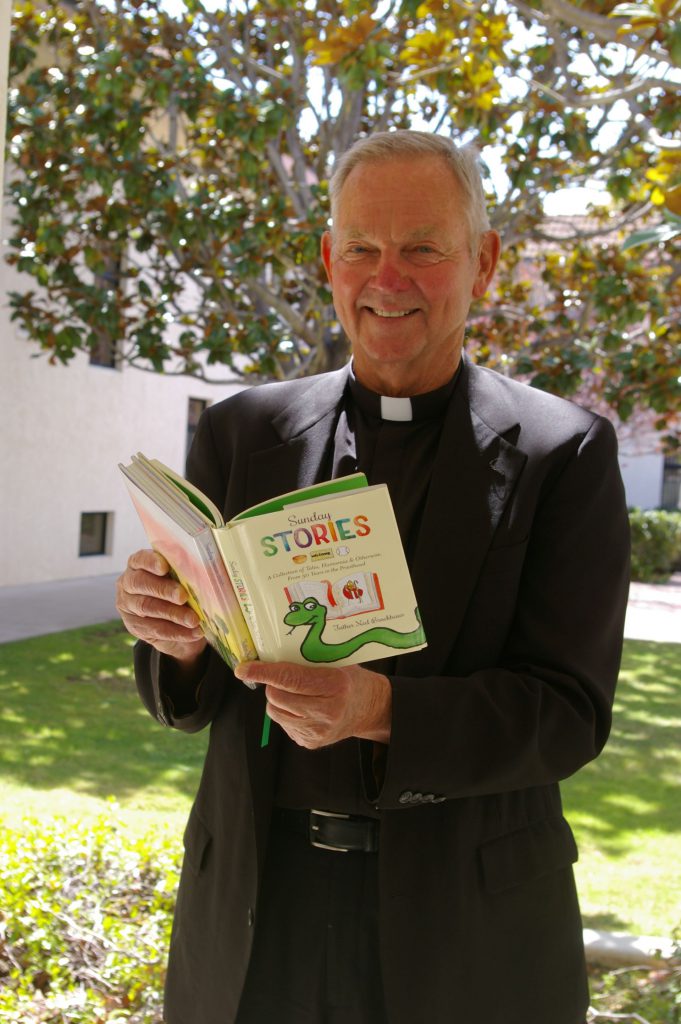SAN DIEGO — Modest, meaningful changes are starting to occur at local parishes as a result of the Fifth National Encuentro for Hispanic Ministry process but more needs to be done by pastors, the Church and Hispanic faithful themselves.
That was the consensus of the 60 or so Hispanic Catholics who gathered recently in San Diego to take stock of what’s been accomplished so far — and what remains to be done as a result of the Encuentro process.
The U.S. Catholic Church began that process of reflection, consultation and outreach two years ago among Latinos at parishes and ecclesial movements. Hispanics represent about 40 percent of Catholics nationwide — 63 percent in the San Diego Diocese. The main goals were to develop a new generation of faithful able to lead their communities; to expand their leadership presence in parishes, dioceses, schools and Catholic institutions; and to engage the largest segment of the Hispanic presence: second- and third-generation young people.
This process, which began at the parish level, culminated last September in a national Encuentro in Texas that drew 3,000 delegates from across the country, including 83 from the San Diego Diocese.
On April 2, about 60 Hispanic ministry leaders, most of whom had served as delegates to the national Encuentro, gathered at the diocesan Pastoral Center. They received an update of what the U.S. Catholic Church has done since September and the next steps that will be taken. And they shared what is happening at their parish since that national meeting, and what their basic needs are going forward, including more funding and training.
The recommendations that emerged from all levels of the Encuentro process nationwide were submitted to the U.S. bishops. Linda Arreola, manager of National Hispanic Engagement at Catholic Relief Services, a sponsor of the Fifth Encuentro, informed them that the bishops planned to release their conclusions and recommendations in the fall.
Work on implementing the recommendations is to begin around the same time with regional meetings across the country. The meeting for Region XI, which includes the San Diego Diocese will be held in October. Those meetings will be followed by trainings at the diocesan and parish levels next year.
Henry Herrera was one of the ministry leaders who shared his story at the meeting. He’s a member of St. Catherine Labouré Parish, which has a small but growing Latino community. In the Encuentro consultations at his parish, he said that Hispanics had identified a lack of English-language skills as a barrier to their participation not only at their church but in society in general.
“After the national Encuentro, I was ready to get to work,” he said.
In an interview afterward, he said he proposed to the pastor, Father Brian Hayes, that he lead a basic English class at the parish, given his background in tutoring.
He said the pastor was skeptical, wondering if the church was the right venue for the class, given that there were other options in the community, such as adult classes.
“I told him that parishioners were not comfortable going to those places because they didn’t know the system nor handle the language,” Herrera said.
He said he continued the conversation with Father Hayes, who eventually agreed to allow him to start a weekly, one-hour class on a trial basis. It began on March 13, initially drawing 10 parishioners. Since then, the pastor has extended the trial, and expanded the class to 90 minutes.
“This class can also be a way to draw people to the church, and once there, they can see that there’s a place for them,” said Herrera, who serves on the parish’s Pastoral Council and sings in the English-language choir.
Several of the delegates said they needed basics, such as funding and trained leaders, to engage and serve the faithful. And some noted that the faithful themselves seemed not interested in greater participation in their parishes, for any number of reasons.
María Olivia “Marioly” Galván, the diocese’s chancellor, led the April 2 meeting. She said the lessons from the Encuentro process are important for all Catholics, not just Hispanic faithful.
“This process connects us to one another. It centers on faith-sharing, accompaniment and service,” she said. “The Emmaus Journey model that frames the Encuentro process reminds us that we are to be present.”
She said this entailed attentive listening, ministering to others and to action.
“It is important to take this pivotal moment in the history of our Church and unpack how we, as a Local Church, can best minister to our communities. This signifies grappling with challenges that we may need to overcome in order to bear fruit on both the diocesan and parish levels.”

